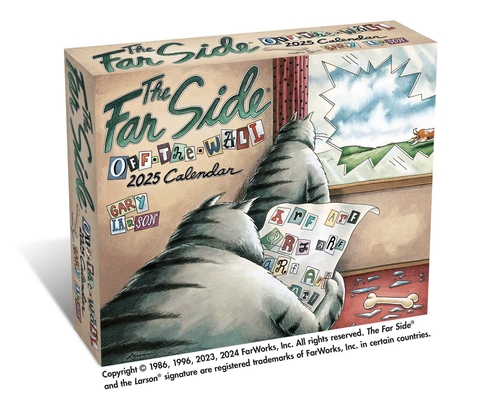
description
7In The Complete Peanuts 1967-1968: As we rush toward the end of Peanuts' second full decade, Snoopy finds himself almost completely engrossed in his persona as the World War I Flying Ace -- to the point where he goes to camp with Charlie Brown and maintains his persona throughout the entire two-week period (much to Peppermint Patty's bafflement). Still, Snoopy looms large, so this volume (a particularly Snoopy-heavy one) sees him arm-wrestling Lucy as the "Masked Marvel" and then taking off for Petaluma for the national arm-wrestling championship; impersonating a vulture and a "Cheshire Beagle"; enjoying golf and hockey; attempting a jaunt to France for an ice-skating championship; running for office on the "Paw" ticket; being traded to Peppermint Patty's baseball team, then un-traded and installed as team manager by a guilt-ridden Charlie Brown; as well as dealing with the return of his original owner, Lila. If you're surprised by that last one, imagine how Charlie Brown feels... Lila makes only a brief appearance (as does Jos Peterson, a short-lived -- and short -- star member of Charlie Brown's baseball team), but this volume sees the appearance of what would be Schulz's most controversial major character: Franklin. (Yes, in 1968 the introduction of a Black character caused a stir.) Peppermint Patty, working toward her ascendancy as one of the major Peanuts players in the 1970s and 1980s, also has several major turns, including a storyline in which she's the tent monitor for three little girls (who call her "Sir" -- a joke Schulz would pick up later with Peppermint Patty's friend Marcie). Stories involving other characters include a sequence in which Linus's flippant comment to his Gramma that he'll kick his blanket habit when she kicks her smoking habit backfires; Lucy bullies Linus, pesters Schroeder, and organizes a "crab-in"; plus Charlie Brown copes with Valentine's Day depression, the Little Red-Haired Girl, the increasingly malevolent kite-eating tree, and baseball losses. In other words: Vintage Peanuts All this, plus an introduction by beloved transgressive filmmaker John Waters and award-winning design by Seth.
In The Complete Peanuts 1969-1970
In The Complete Peanuts 1969-1970
member goods
No member items were found under this heading.
Return Policy
All sales are final
Shipping
No special shipping considerations available.
Shipping fees determined at checkout.







